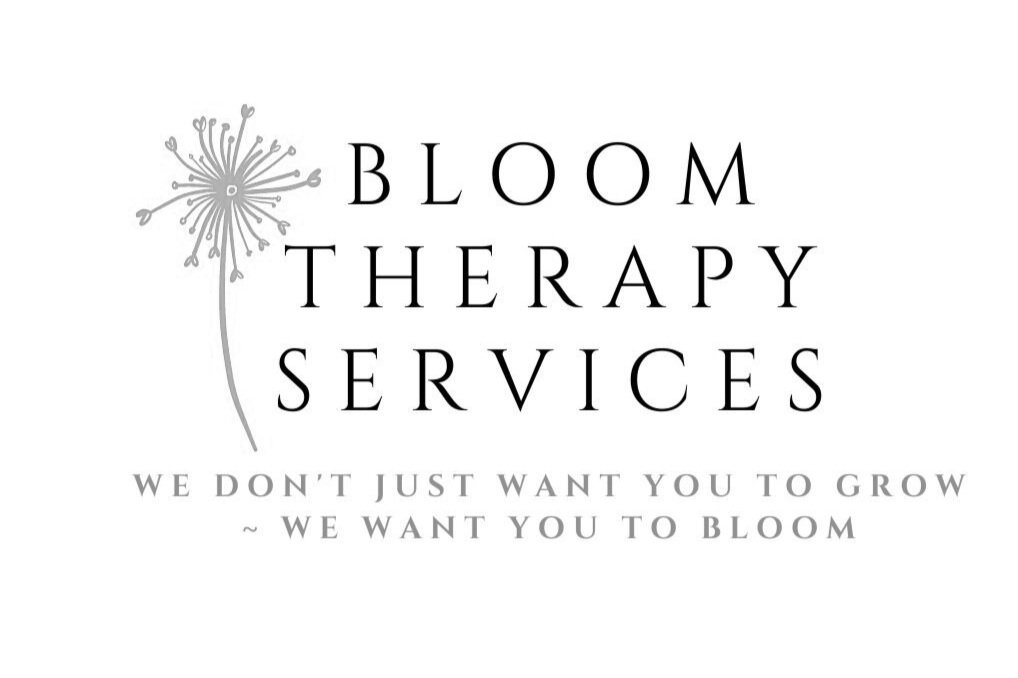Why is food addictive?
Many people will consume food everyday and never have a problem with doing so. However, for the person that has problematic eating behaviors, food addictive patterns or emotional issues, it can be much more difficult to control and limit foods.
Why are some foods "addictive"?
Many people will consume food everyday and never have a problem with doing so. However, for the person that has problematic eating behaviors, food addictive patterns or emotional issues, it can be much more difficult to control and limit foods. This is as much a physical as it is a psychological problem. Overeating or disordered eating patterns are most likely a way for a person to cope with negative emotions when they don't otherwise know how to healthfully. Couple that with the physiological response of triggering reward and pleasure centers in the brain and the release of dopamine, then you have someone that is having an experience with food equivalent to someone who takes a hit from heroin.
What is added to foods that makes us keep on eating/wanting more?
Sugar! And I'm not talking about the natural sugars found in fruits and natural sweeteners, such as honey. Sugar is in almost everything we eat, especially processed foods we may not even realize. Several years ago, back in the 80's and into the 90's, the health and food industry began pushing us to eat a fat-free diet because they thought too much fat in our food was the problem with obesity. However, foods without fat tend to taste like cardboard. So what did they replace it with? You guessed it - SUGAR!
I have worked with addicted substance abuse clients and also people suffering from "food addictive" behaviors and there are SO MANY similarities. One research study demonstrated how when an individual consumes sugar, the reward centers in their brain light up the SAME WAY they do for someone that uses drugs. And since our diet has a constant supply of sugar in everything from bread to even the meats we eat, we are on a constant sugar high. Everyone knows what a drug addict goes through when they go "cold turkey" and through withdrawal. So, just imagine what it would be like if you suddenly cut out all sugar from your diet?
Why can't we "just eat one"?
Why can't an alcoholic have just one drink? To be fair, many individuals can manage their diet just fine and can eat in moderation, consuming highly palatable foods and then stopping when they're full or feel as if they're satisfied. For someone struggling with emotional issues and food addictive tendencies, it may be more difficult for them to ever feel satisfied. Addiction is not the problem, but is usually a SYMPTOM of some deeper issue a person has. Initially, consuming the food felt really good! The food tasted good, smelled good and created a physiological response in the body and mind to release dopamine, endorphins and to alert the reward centers of the brain. This may even be amplified for some types of foods containing sugar because sugar can be as addictive as cocaine. Because this person now knows that food created "feel good" emotions, they may be more likely to turn to food again in the future to cope with negative emotions. Over time, this becomes a conditioned response, that is, a "go-to" response in times of stress or other negative emotions. Many people can't "eat just one" until they figure out ways to cope healthfully, manage their cravings and urges and perhaps distance themselves away from foods which may trigger them.
Which foods are "addictive"?
As an addictions counselor, I will give my professional opinion in explaining that ALL foods can be addictive, just as some individuals are more at risk to become addicted to just about anything in life (internet, texting, exercise, sex, etc.). However, there is research to support there certainly are foods that are more palatable and therefore, are foods we are more likely to become addicted to. A palatable food are those foods which create the most sensations from our taste buds. It could be the flavor, texture, smell or a combination. Foods that are salty, sweet or those deemed as "comfort foods" tend to be the most offensive culprits. For example, chocolate, salty chips, desserts, pizza, etc.
MADDEN WELLNESS SERVICES
Will My Insurance Pay for Obesity Counseling?
The answer is – it depends. With obesity rates climbing, the American Medical Association declared Obesity as a disease in 2013. With this change also came the cry for insurances to cover for preventative and treatment services for those afflicted with obesity issues.
Will my insurance pay for my counseling regarding obesity, disordered eating or food addiction?
The answer is – it depends. With obesity rates climbing, the American Medical Association declared Obesity as a disease in 2013. With this change also came the cry for insurances to cover for preventative and treatment services for those afflicted with obesity issues. Depending on the insurance, a wide variety of services for prevention and treatment may be available including: bariatric surgery, gastric bypass surgery, intensive counseling, formal weight loss programs, group treatment sessions, health coaches and nutritionist interventions.
Who is eligible for reimbursement?
Most patients will require a screening to see whether or not they meet the requirements for obesity. Most clinics still utilize the BMI scale to measure for obesity and this has been found an acceptable way for medical professionals to diagnose patients. Mental health counselors may also diagnose patients based on behavioral assessment via the Diagnostic Manual. A diagnosis of Binge Eating Disorder, Bulimia, or other eating disorder may also help patients meet criteria for reimbursement.
Why does my insurance company tell me I have to be seen by my doctor and my sessions with my counselor don’t count?
Many insurance companies now support the need for treatment of Obesity. However, restrictions require the patient be seen by the primary care physician in a primary care setting. This restricts individuals from seeking treatment from other health professionals such as licensed counselors, psychologists, dietitians and nutritionists. This has presented to be an ongoing issue with many arguing research supports behavioral intervention as a necessity in effective treatment for obesity related problems, an area in which medical doctors and primary care providers have little training.
How can I get my insurance to cover my visits to see my counselor?
Obesity has become a significant problem with nearly 1 out of 3 people affected. Research shows most people afflicted with obesity are also likely to suffer from Binge Eating Disorder, a diagnosable mental health issue. Binge Eating Disorder is characterized by recurrent episodes of consuming abnormally large amounts of food beyond fullness. Insurance companies are required to provide mental health coverage, however, many employers still make decisions regarding what types of problems are covered. The good news? More and more states are requiring eating disorders to be covered as part of coverage and also recommending weight not be the only factor in deciding if someone is eligible.
How do I discuss coverage with my counselor?
Many mental health providers offer a free consultation before you even begin your sessions. During your consultation, discuss insurance reimbursement with your counselor. He or she may have advice for you on how to get covered and may even be able to facilitate coverage. In addition, your counselor may have other payment options available to make treatment affordable for you.
How do I talk to my insurance about coverage for my obesity treatment?
Familiarize yourself with your insurance policy or health benefit plan. Obtain a copy from your employer or insurance company if you don’t have one.
Understand the insurance policy’s coverage for treatment at an in-network facility versus an out-of-network facility.
Ask your insurance company for a list of in-network treatment facilities.
If the insurance company has no in-network facilities in your area or state, ask your insurance company for a single case agreement with your preferred treatment facility in your area.
Document that the treatment is medically necessary by providing your doctor’s written support, your own letter describing your need for treatment, and if available, letters of support from family members or co-workers.
Document what forms of therapy and treatment you have exhausted by submitting copies of all treatment records to the insurance company.
Ensure that your facility communicates with the insurance company in writing and retains records of correspondence.
Keep records of all out-of-pocket expenses for future reimbursement.
Find out if your state has a Mental Health Parity Law. The National Alliance on Mental Illness has a chart outlining the mental health parity laws for each state.
Obtain a copy of the treatment facility’s license to determine if it qualifies as a hospital, skilled nursing facility, congregate living facility, or other health facility license through the state.
















